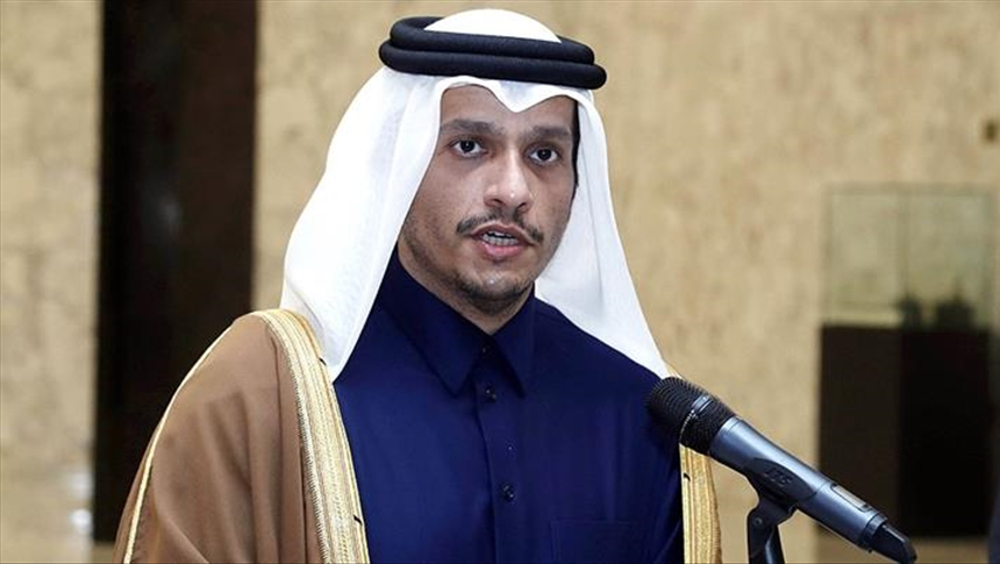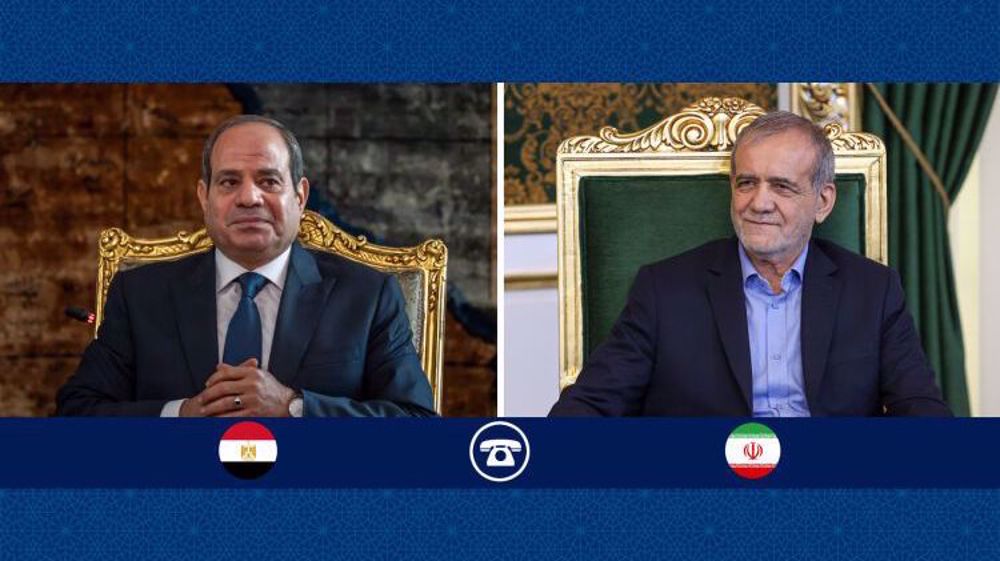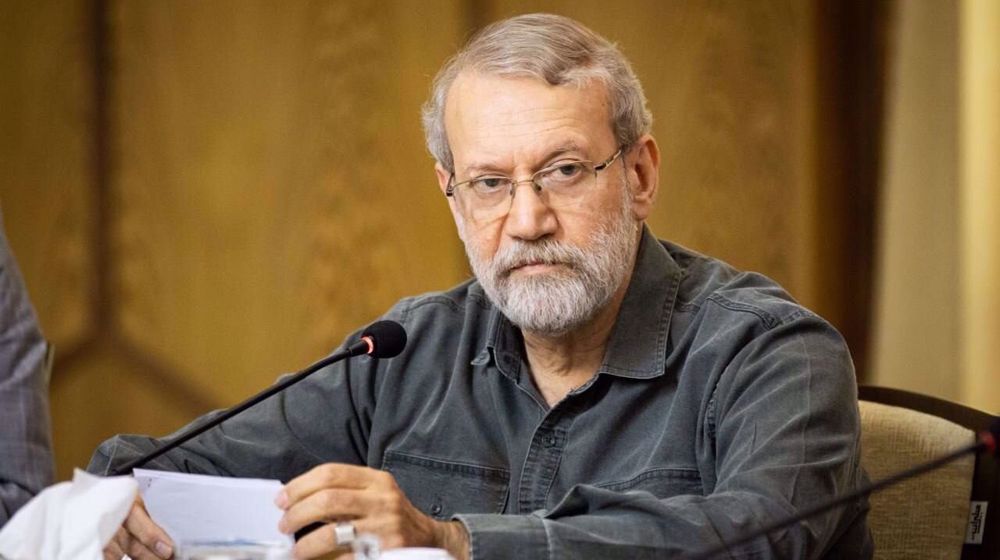What has Israel's anti-Iran propaganda machine whipped up so far in 2021?
The Israeli regime’s propaganda machine has been churning out some unprecedented allegations against Iran since the New Year’s Day; unprecedented to such an extent that has seen two Israeli ministers contradicting one another in one case.
The regime’s Military Intelligence Directorate published a so-called assessment on February 9, which hardly bore any name other than that of Iran. What few other names it contained were those of, what the regime has been trumpeting as, “Iran’s proxies” without providing any concrete evidence -- as usual that is -- of their association with the Islamic Republic.
Deploying an apparent well-thought-out tact, the apparatus timed the release of the report with the imminent celebrations of the 42nd anniversary of Iran’s 1979 Islamic Revolution. Millions of Iranians rally to mark the epoch-making event every year. Each and every one of them makes no bones about their resentment of the country’s enemies, including the US and Israeli regimes, during the celebrations. The rallies take place in plain sight of the Western and Israeli media outlets that, in turn, do not hesitate to portray the popular show of force in a bad light.
According to The Times of Israel, the opening salvo by the Israeli mudslinging canon this year saw the military intelligence apparatus citing “Iran and its proxies in Syria, Iraq, and Yemen” as well as Lebanon’s Hezbollah resistance movement and the Palestinian resistance groups in the Israel-blockaded Gaza Strip, which Tel Aviv accuses of receiving material support from the Islamic Republic, as sources of “threat” to the occupying regime.
This was the first time that the regime’s “threat” bundle had, in addition to its indivisible components, come to include alleged groups in Iraq and Yemen.
The Islamic Republic did not offer any official reaction to the report, apparently not finding it worthy of one.
Observers say even if Tehran had fired back it would reassert its changeless stance of refraining from involvement in regional tensions and debunk allegations implicating it in invigorating regional armed outfits.
The so-called intelligence document, however, held fast to its claims and further alleged that the Islamic Republic was buttressing the regional groups “as a way to ramp up pressure in the region and improve Iran’s negotiating position with the United States regarding its nuclear program.”
Still surprisingly, the report followed US President Joe Biden’s alleging Washington's willingness to return to the 2015 nuclear agreement between Iran and several other countries.
His predecessor Donald Trump illegally and unilaterally ended Washington’s participation in the deal, which is officially known as the Joint Comprehensive Plan of Action (JCPOA), amid instigation on the part of Tel Aviv and some regional states.
Although Biden has stopped short of taking any palpable action that could mirror his expression of interest, the very nebulous prospect of the JCPOA’s revival has apparently sent shivers down Israeli officials’ spines.
Even well before the release of the report, Israel’s Channel 12 once cited “a very senior Israeli official” as saying if the US under Biden returned to the deal “we will have nothing to talk about with him.”
The report also came amid the regime’s self-admitted fear of, what Iranian officials have identified as, confusion inside and on the borders of the occupied territories.
Israeli Prime Minister Benjamin Netanyahu seldom drops the name of Iran from his daily remarks. He has apparently been trying to drown out the cacophony of criticism targeting him every day by making even more frequent mentions of the Islamic Republic as what actually menaces the regime more than Netanyahu himself.
There has been hemorrhaging of political trust in the PM and his associates to such an extent that he had been forced to take part in one election after another over the past years to try to secure a parliamentary majority. Failing to do so, he was eventually forced to join Minister of Military Affairs Benny Gantz’s Blue and White party.
Right outside his home, Netanyahu bears an unwilling witness to thousands-strong rallies each week that have spiraled out of proportion after his indictment in four corruption cases.
Over the border, Hezbollah has been growing into more than a force to reckon with that the movement has always been. It has doubled the size of its precision missile arsenal to hundreds of projectiles in just one year, and also acquired the ability to take on the Israeli regime’s intrusive drones.
The Israeli military considers the projectiles to be “a major potential threat” that “could overwhelm” the military’s missile systems and allow the Lebanese group to strike “critical” sites within the occupied territories that were vital to the occupying regime’s security.
“We are constantly working and dealing with this threat of precision-guided missiles…,” Israeli Military Intelligence chief Maj. Gen. Tamir Hayman told reporters right before the military released the report.
“The Israeli military has come to believe Hezbollah is increasingly emboldened” and that the movement would no longer rule out the prospect of engaging in a large-scale conflict with Tel Aviv, the paper wrote, citing the military’s assessment.
The assessment noted how the group fearlessly fired missiles against an Israeli UAV earlier, knowing all the time that its retaliation could “develop into a potentially major exchange.”
Not so far away, the Syrian military has been powering through against Takfiri terrorists that the Israeli regime has been providing with refuge and medical support in Syria’s Tel Aviv-occupied Golan Heights. Damascus’ anti-terror struggle has been benefiting heavily from Iranian military advisory support that it called for itself. Maybe this is one area, where Iran’s regional presence has had Tel Aviv trembling.
Over all, the Israeli military cautioned that “Israel’s enemies…have hardly diverted their efforts at all from rearmament and force build-up.”
Moving on closer in time, Israeli Environmental “Protection” Minister Gila Gamliel claimed repeatedly earlier in March that Iran was behind “eco-terrorism” in the Mediterranean.
Gamliel, the closest minister to Netanyahu, claimed that a Libyan-flagged ship carrying Iranian oil had caused pollution in the waters by releasing its crude there.
Even the Israeli minister for military affairs said he had come by no evidence that could substantiate such a claim.
Seeing as Gamliel would not row back from her position, the branch of the international environmental organization Greenpeace in the occupied territories, issued her a diatribe.
The group said the minister was “undermining Israel's credibility internationally” and called the accusation "baseless at this stage in time."
Greenpeace also said Gamaliel was trying to “reap political capital” from the ecological disaster in the run-up to the regime’s general elections.
In this case too, Iranian authorities did not attach enough credit to Tel Aviv’s bluster to serve it with a reaction.
As its principled position and an inalienable part of its defensive doctrine, the Islamic Republic has, meanwhile, warned the regime that it would face the “toughest” response if it tried to endanger Iran and its interests in any fashion.
The response, Tehran has made clear, would leave the regime with far greater a damage that it could ever want to cause the country in case of a miscalculation.
Hamas hails reopening of Rafah crossing as big gain
Bedouin village in West Bank fully emptied due to Israeli settler violence
VIDEO | Iraqi Parliament fails again to elect president amid Kurdish deadlock
VIDEO | An oil deal for India? Trump’s claim meets silence and backlash
VIDEO | Yemen scholars rally behind Iran, call for Islamic mobilization
One person killed in Israeli strike on southern Lebanon
'ICE out': Protests against immigration crackdown spreads across US
Yemen warns war on Iran would transcend borders










 This makes it easy to access the Press TV website
This makes it easy to access the Press TV website